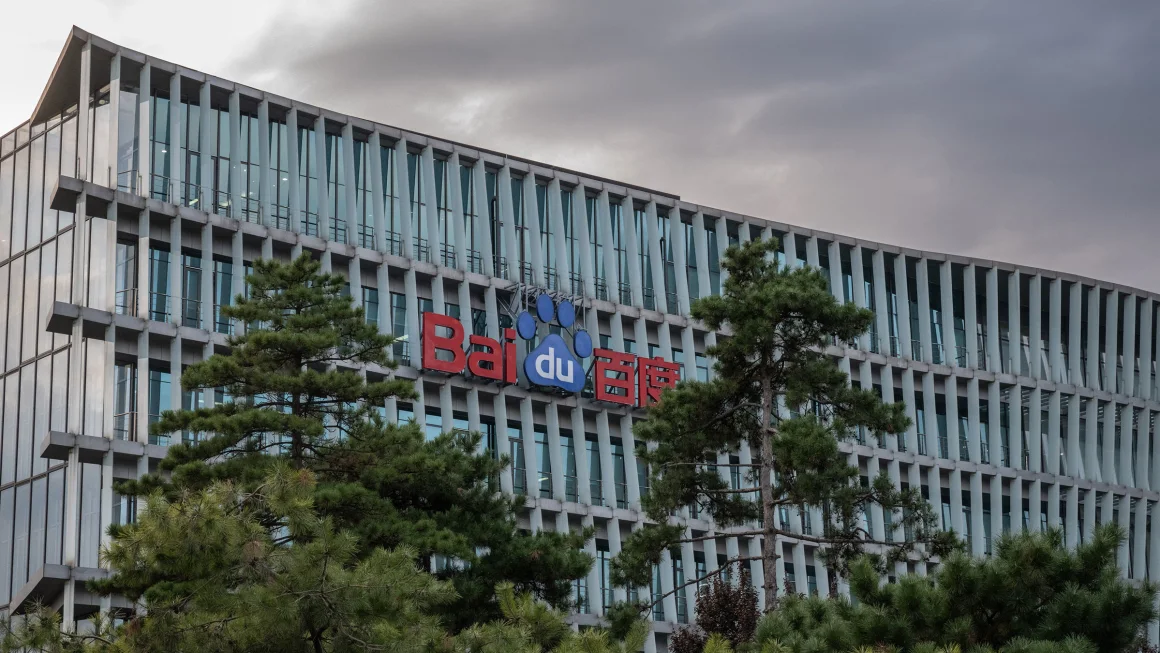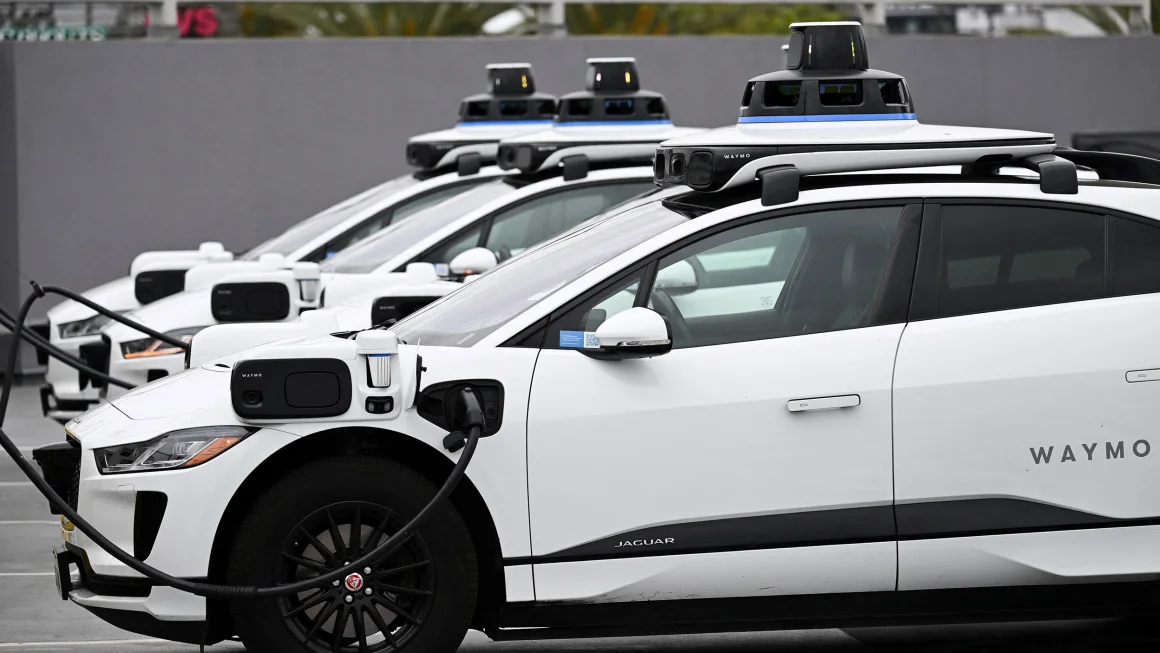GPs Turn to AI to Help with Patient Workload
The pressure on General Practitioners (GPs) in the UK continues to rise, with a growing patient load and shorter appointment times. However, artificial intelligence (AI) is emerging as a promising solution to reduce administrative burdens and alleviate burnout among doctors.
Dr. Deepali Misra-Sharp, a GP in Birmingham, has been using Heidi Health, an AI-assisted transcription tool, for the past four months. The tool listens to patient consultations and transcribes notes, allowing Dr. Misra-Sharp to focus more on the patient rather than writing down information. She reports that the AI has saved her valuable time, cutting down on administrative work by at least two to three minutes per consultation and reducing errors in medical note-taking.
The UK’s British Medical Association (BMA) highlights that the number of patients per GP has surged by 17% since 2015, with a full-time GP now responsible for over 2,270 patients. AI could be key in helping doctors cope with this growing workload. A 2019 report estimated that AI technologies could save the NHS 5.7 million GP hours per year, and Oxford University research suggests that 44% of administrative tasks in general practice could be automated, freeing up time for direct patient care.
Companies like Denmark’s Corti are already using AI to assist in healthcare consultations, providing suggestions for follow-up questions and treatment options, while automating note-taking. Corti processes around 150,000 patient interactions daily across Europe and the US. The technology can also analyze historical patient data to prompt relevant questions, ensuring that no critical information is missed during consultations.
In addition to reducing administrative tasks, AI tools like “C the Signs” are helping GPs detect early signs of cancer by analyzing patients’ medical records. The AI platform can assess symptoms and recommend appropriate action, though the final diagnosis remains the responsibility of the doctor.
Despite these advances, experts warn that AI in healthcare must be used cautiously. Dr. Katie Bramall-Stainer, chair of the General Practice Committee UK, acknowledges that AI has the potential to transform NHS care, but stresses the importance of implementing it safely to avoid risks such as bias, errors, and compromised patient privacy.
For GPs like Dr. Misra-Sharp, AI is already making a positive impact. “It has made me go back to enjoying my consultations again instead of feeling time pressured,” she says.
As AI continues to evolve, it is likely to become an essential tool for improving efficiency and reducing the strain on healthcare professionals, ultimately benefiting both doctors and patients.














